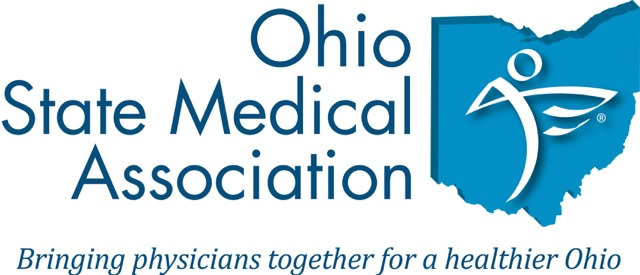Complete Story
05/01/2024
Tips for Navigating the Insurance Credentialing Process
Are you hiring a new physician?
Understanding Insurance Credentialing and Why It’s Important
After a healthcare provider receives their diploma it’s time to open a clinic and see patients. The next step involves navigating the intricate process of insurance credentialing. This is a complex process that needs to be completed the correct way the first time. Otherwise, the healthcare provider and/or clinic stands to lose its revenue stream.
What Is Insurance Credentialing?
Insurance credentialing, often referred to as provider enrollment, is the process by which healthcare providers are approved by insurance networks. Being credentialed allows the healthcare provider and/or clinic to receive payment directly from insurance companies for services provided to insured members/patients. This expands the healthcare provider/clinic reach to potential members/patients and can streamline payment processes, making your practice more accessible and appealing to a broad spectrum of patients.
Steps in the Insurance Credentialing Process
The path to becoming a credentialed provider can vary slightly between insurance companies but generally includes several key steps:
- Gathering Necessary Information: This step involves compiling all the evidentiary documentation needed for the credentialing application. The includes, but not limited to:
- Medical License
- CV
- Board Certification
- DEA
- Driver’s License
- Diploma
- Choosing Insurance Networks: When deciding on an insurance carrier, it’s best to choose a network that aligns with the clinic’s goals and demographics. It’s best to research and choose the most popular insurance carriers in your area to maximize your reach.
- Submitting Your Application: Once your paperwork is in order, it’s time to submit your application to the chosen insurance networks. This process can often be done online, but specifics vary.
- Follow-Up and Verification: After submission, the insurance carrier will verify all information and may reach out for additional documents. This step can take up to 120 days.
- Final Agreement: Once verified that the provider/clinic has passed through the credentialing process, you’ll receive a contract outlining the terms of your network participation. Review this carefully before signing.
Remember, this complex process is a vital step in establishing a successful practice. Some insurance carriers will backdate the contract effective date; however, this may involve an appeals process.
Why Is Insurance Credentialing Crucial for New Providers?
Beyond the obvious benefit of enabling direct billing to insurance companies, credentialing opens a host of opportunities for new healthcare providers, including:
- Increased Visibility: Being part of insurance networks makes your practice more visible and attractive to potential patients.
- Professional Credibility: Credentialing signals to patients and peers that you meet the high standards set by insurance companies.
- Financial Stability: With the ability to bill insurance directly, your practice can achieve a more consistent and predictable revenue stream.
Starting a new practice or growing an existing one can be overwhelming. It is important that as you take the steps necessary in getting credentialed on insurance carriers that you become familiar with the credentialing process and its timelines and complexities. If you don’t have the time to do this, then you should outsource to a professional.
Completing the credentialing process can set the foundation for a successful and fulfilling career. Guidance from experienced professionals can help you navigate these initial hurdles with confidence.
Article supplied by:
Michelle Ann Richards BSHA, CPC, CPCO, CPMA
Owner, Coding & Compliance Experts and OSMA Consultant
